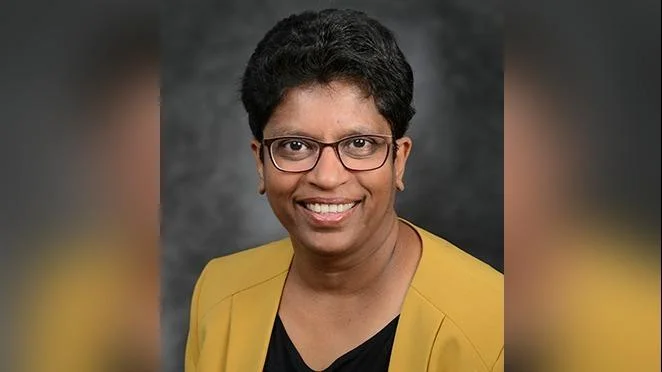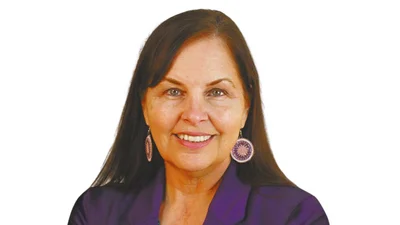Madhavi Marasinghe CIO | University of North Dakota
Madhavi Marasinghe CIO | University of North Dakota
On February 6, The Conversation published an article by Lee Ann Rawlins Williams, a clinical assistant professor of Education, Health & Behavior. The piece discusses lessons that Los Angeles County school districts can learn from other districts nationwide following devastating wildfires.
The article highlights the importance of addressing emotional recovery for students and teachers to ensure effective academic progress. "As a professor who has studied how educational systems recover from natural disasters, I think Los Angeles-area schools will have to address some key themes of loss as they recover from the fires," Williams states.
Williams notes that after natural disasters, one consequence is the loss of learning time and continuity. Some school districts emphasize returning to in-person instruction quickly. For instance, the Florida Department of Education reported that 68 out of 75 school districts reopened one week after Hurricane Ian in October 2022. However, this approach may not always be ideal since students often need time and space to process their experiences.
Successful responses require a holistic approach involving the entire community. Schools are crucial in offering support and stability beyond educational continuity. This does not necessarily mean an immediate return to classrooms but ensuring emotional and psychological support when students do return.
Following Hurricane Helene in September 2024, North Carolina's Buncombe County received assistance from counselors and social workers sent by 53 school districts across the state. Teachers incorporated hurricane recovery efforts into lesson plans, allowing students to engage with real-world applications like water quality analysis.
In Hillsborough County, Florida, after Hurricane Milton hit Tampa Bay, schools extended grading periods and reviewed academic calendars for necessary adjustments. Pinellas County Schools deployed a mental health plan developed in 2022 to support both academic recovery and mental health needs.
For Los Angeles-area schools facing similar challenges due to wildfires, providing mental health counseling and creating safe spaces could help process trauma through collaborations between community providers and trained professionals within schools.
Wildfires have destroyed schools offering free or reduced lunch services and uprooted many students into unfamiliar environments. Educators face teaching challenges in temporary settings with limited resources. These strains underscore the need for robust support systems promoting stability during recovery efforts.
Flexible deadlines for assignments can accommodate transitional living situations while adjusting grading measures student progress realistically during disruptions. Hybrid learning models combining remote studies with staggered hours can keep students engaged as they adapt to new circumstances.
Schools serve as pillars of support within communities during such times but depend on collaboration among local governments, educational leaders, community members – coordinated efforts acknowledging all involved parties' emotional needs prove most effective according to research findings shared by Williams' article published via The Conversation platform online today!


 Alerts Sign-up
Alerts Sign-up